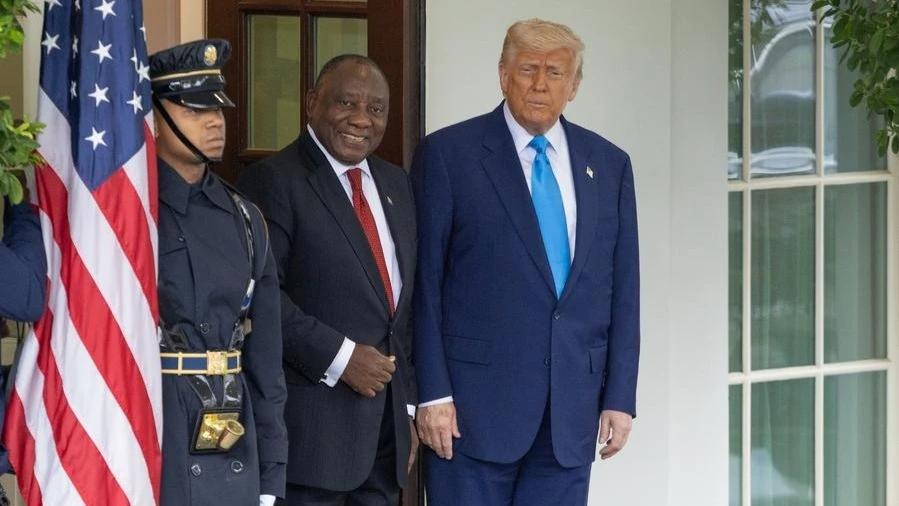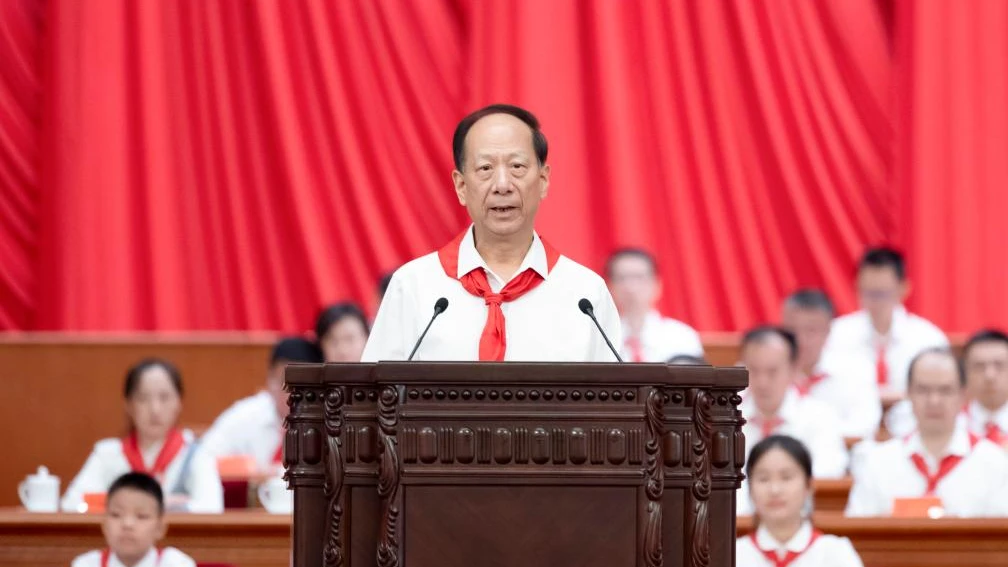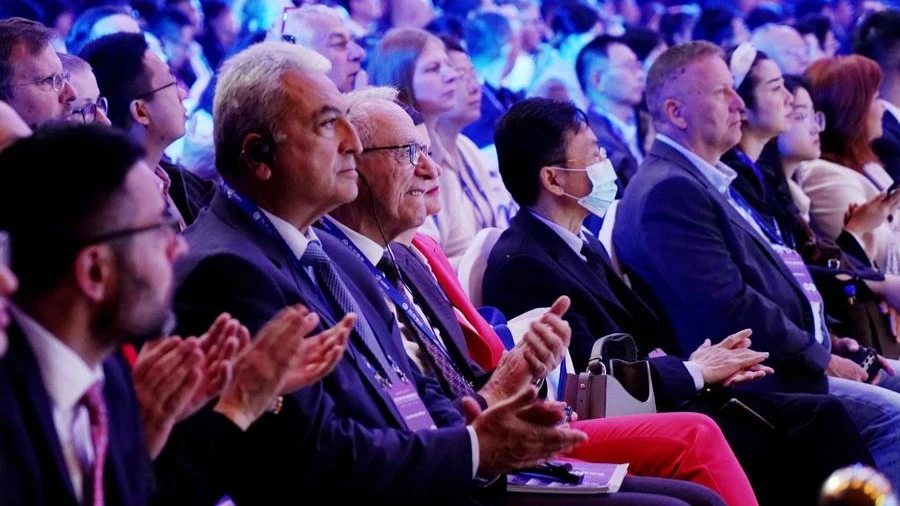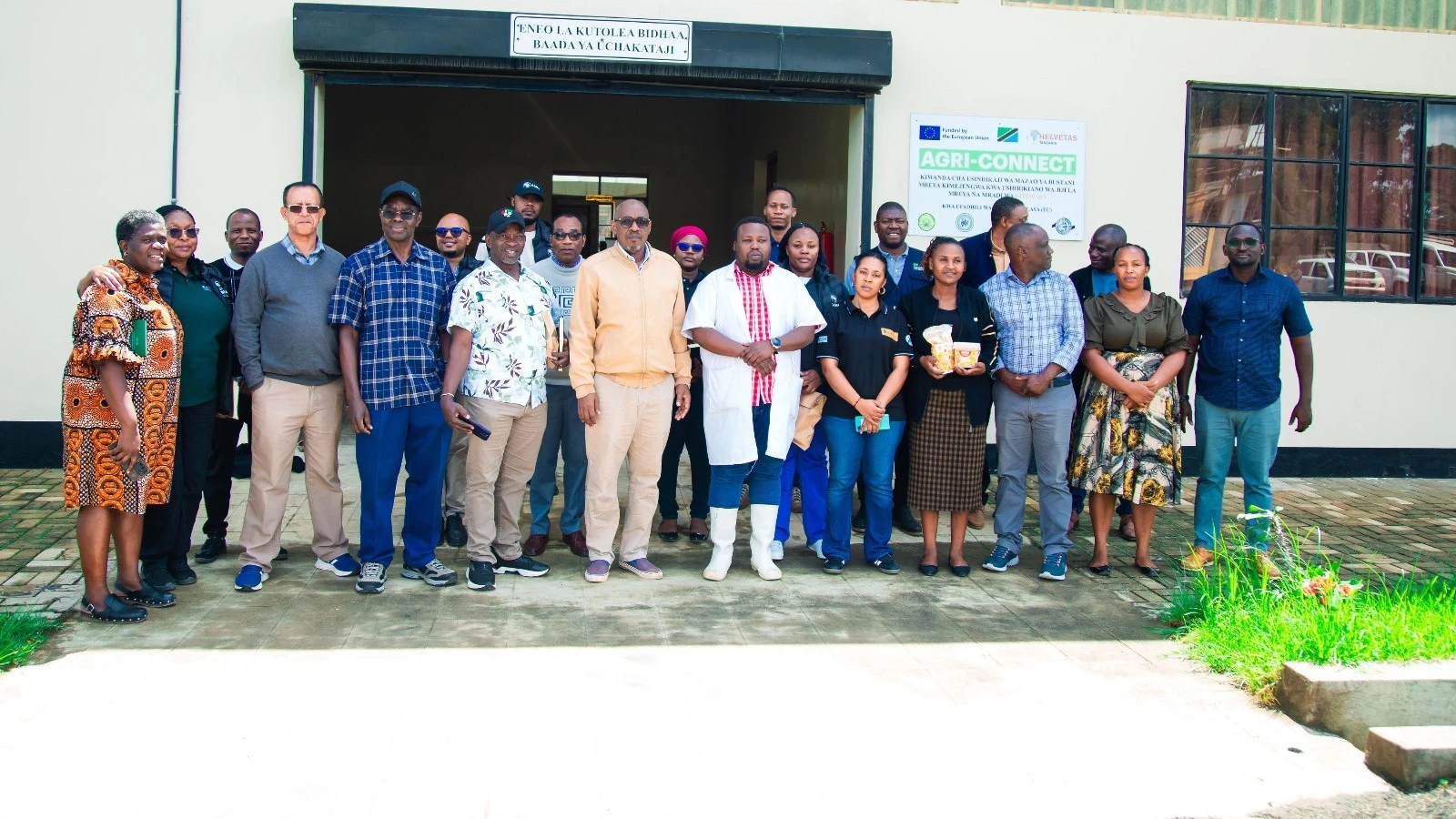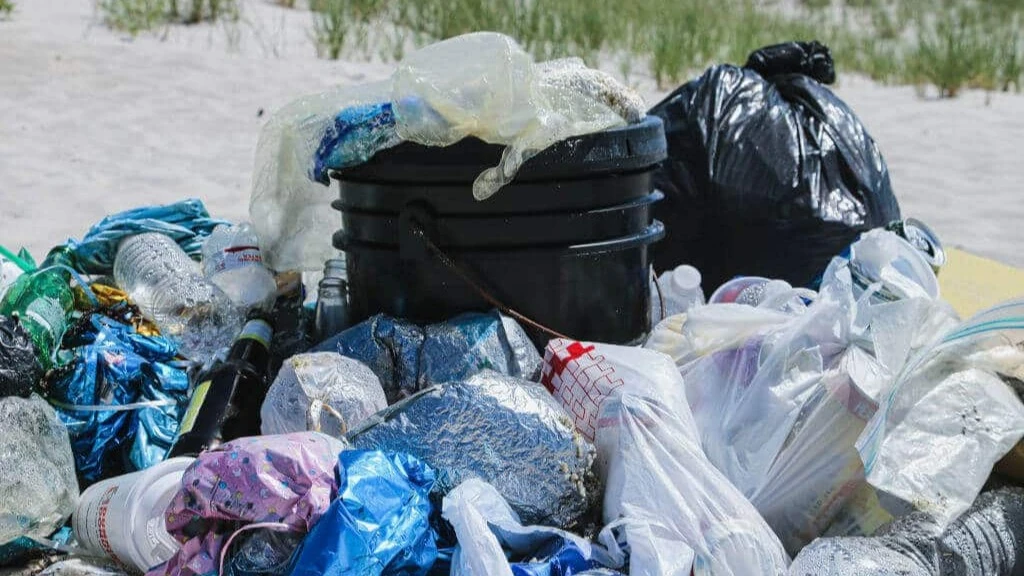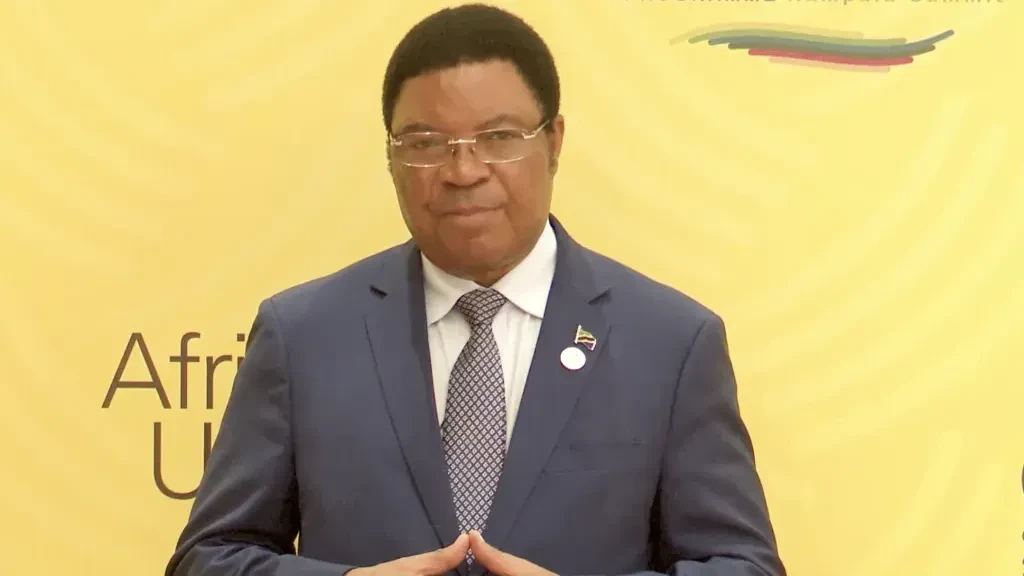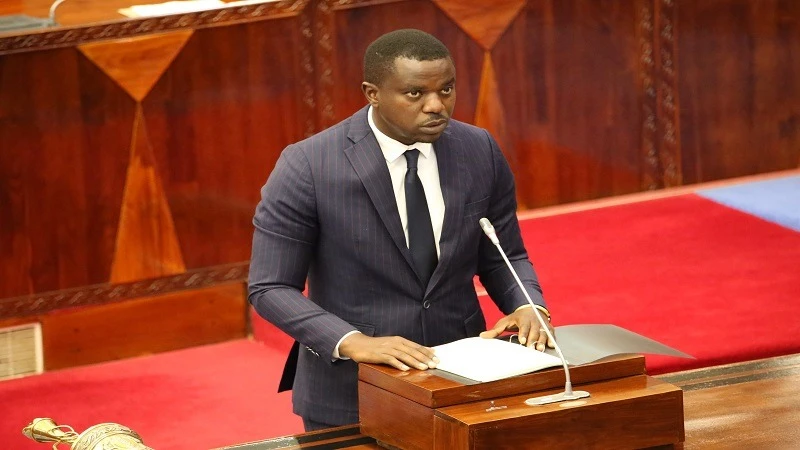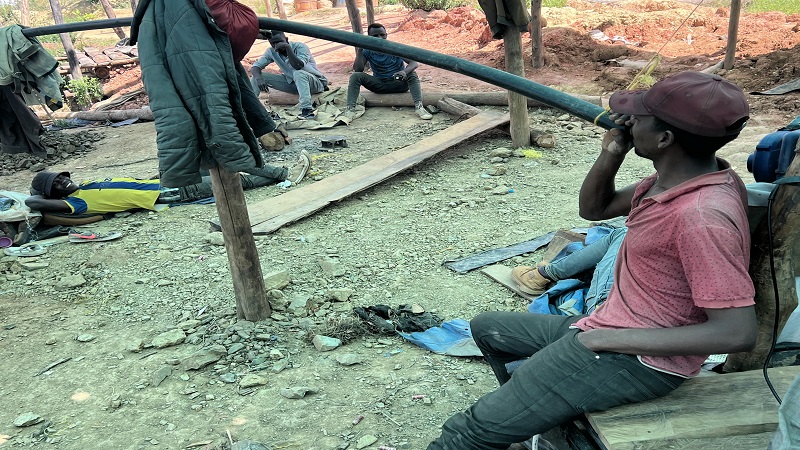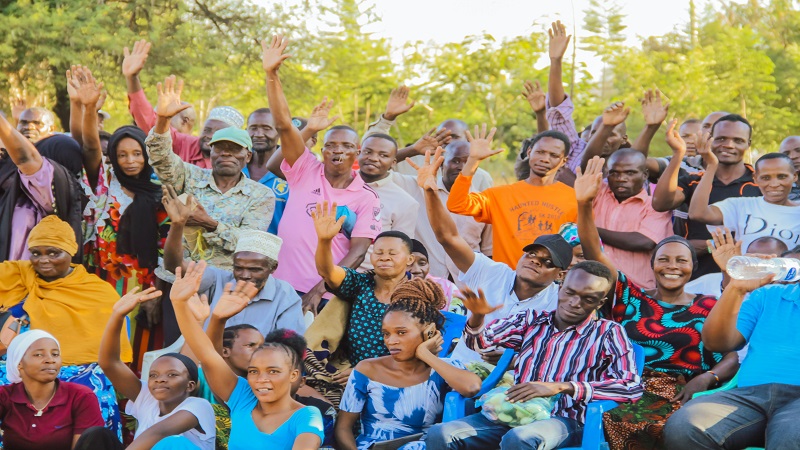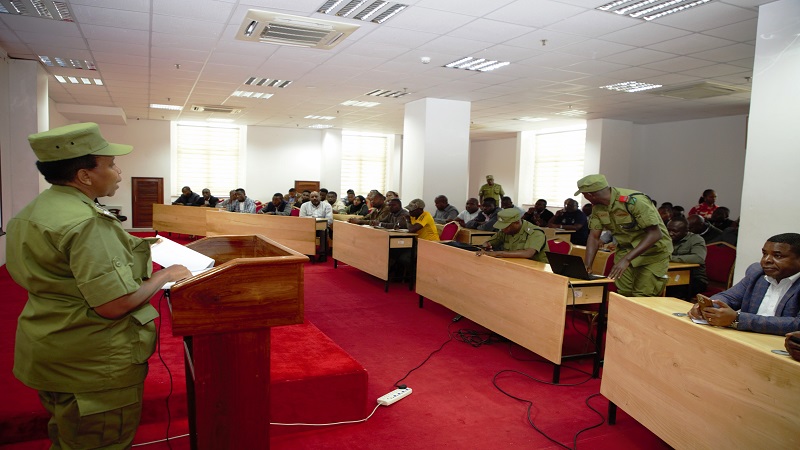VP for united efforts to tackle hunger, poverty
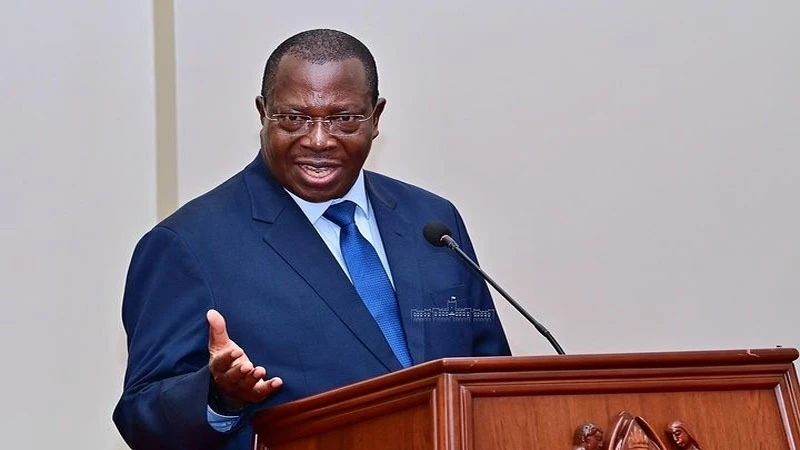
VICE President, Dr Philip Mpango has called for strengthened international cooperation in addressing hunger, poverty and rural development as they are challenges that transcend national borders and require collective action.
Dr Mpango made the remarks at the weekend during his keynote address at a high-level panel discussion titled ‘The Global Alliance Against Hunger and Public Policies for Food Security’, held as part of the Second Brazil-Africa Summit on Food Security. The conference took place at the Itamaraty Palace, headquarters of Brazil’s Ministry of Foreign Affairs, in Brasília.
He highlighted the profound impact of hunger and poverty, which disproportionately affect the African continent despite its abundance of natural resources.
The VP commended Brazilian President Luiz Inácio Lula da Silva for his efforts to foster international cooperation and bring together both developed and developing nations in the fight against hunger.
Dr Mpango noted that Brazil is well-positioned to be a valuable partner for African nations, particularly in agricultural development and rural transformation, thanks to its advanced use of agricultural technologies and progress in various related sectors.
He emphasised the importance of having predictable, inclusive, and supportive policies that enable private sector engagement—including smallholder farmers and investors—to increase productivity and access markets.
He further advocated for policy reforms that empower women, who form the backbone of African agriculture, particularly in securing land ownership rights and eliminating discriminatory traditional practices.
The Vice President also underscored the importance of leaders—especially those at senior levels—listening to and acting on feedback from stakeholders in the private sector, including farmers. He cited Tanzania’s use of business councils at district and national levels as a mechanism for addressing challenges and recommendations from the private sector to inform policy reforms.
Dr Mpango outlined several key challenges that must be addressed in the fight against hunger and poverty, including political instability and conflict, climate change, lack of critical agricultural infrastructure such as irrigation and post-harvest storage, and the limited use of ICT tools that provide essential information on seeds, markets and agricultural commodities.
Other challenges he mentioned include insufficient financing in the agriculture sector, over-reliance on the export of raw, unprocessed goods, inadequate investment in research and development, lack of vital data in the agriculture sector, technological gaps across the value chain, and unfavourable tax and trade policies that do not support agricultural growth.
The Brazil-Africa Dialogue on Food Security and Rural Development marks the second such gathering, following the inaugural session held in 2010. It is organised by the government of Brazil through its Ministry of Agriculture, in partnership with the Brazilian Cooperation Agency (ABC) and the Brazilian Agricultural Research Corporation (EMBRAPA).
The summit brought together high-level government officials, African ministers of agriculture, international organisations as well as technical experts and development partners. The discussions also provided a platform to examine areas of collaboration under the Global Alliance Against Poverty and Hunger, which was launched during the G20 Summit in Rio de Janeiro in November 2024.
Dr Mpango was accompanied at the summit by Deputy Minister for Foreign Affairs and East African Cooperation, Dennis Londo; Deputy Permanent Secretary in the Ministry of Agriculture responsible for crop development and food security, Dr Hussein Omar; and Tanzania’s Ambassador to Brazil, Dr John Simbachawene.
Top Headlines
© 2025 IPPMEDIA.COM. ALL RIGHTS RESERVED








